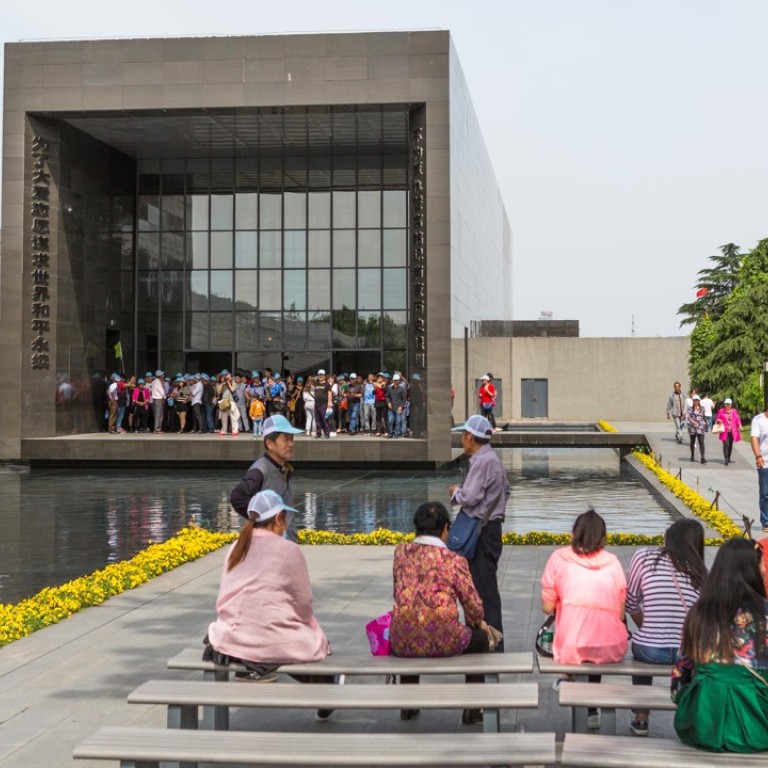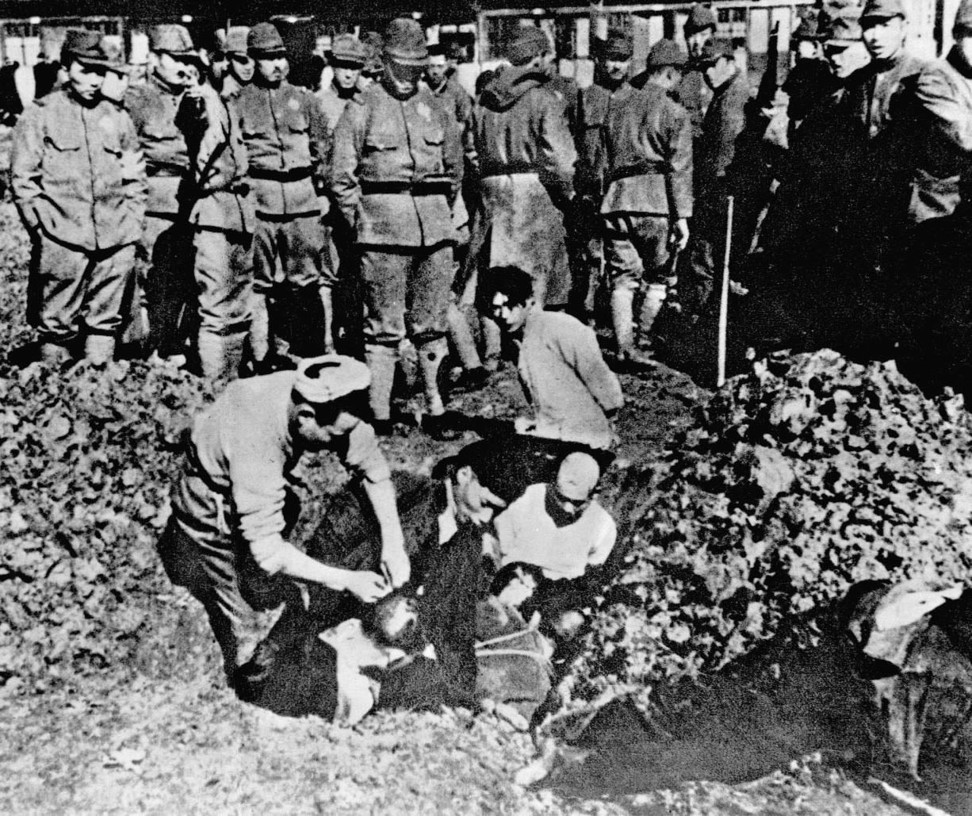
Foreigners in China WeChat group investigated after racial slurs, Nanking massacre references
Social media erupts over screenshots of derogatory messages described as anti-Chinese hate speech
Two foreigners in China are being investigated by Shenzhen Cyber police in Guangdong province, southeastern China, after allegedly posting anti-Chinese hate speech and slurs relating to the Nanking massacre in an English-language WeChat group chat.
Screenshots from the group chat purport to show two members using racially derogatory language and making allusions to the 1937 Japanese mass murder of 300,000 Chinese at the place now called Nanjing.
The messages, which appear to have been sent last week, were mainly directed towards one group member, who objected to the use of a racial slur in the chat. He was identified as Chinese in a local media report.
“Wow since when this group turn racial [sic],” asked the user, identified by local media as a Shenzhen resident, known by the handle Master Gao.
His message was followed by responses from two others in the 88-person chat group accusing Chinese people of being “cowards” and directly referencing the massacre.
Chinese rage comic firm first to be sued for defamation under ‘heroes and martyrs’ law
The screenshots have spread across Chinese social media, prompting an outpouring of anger, as well as coverage of the story in the Modern Express newspaper, 1,400km (870 miles) away in Nanjing, Jiangsu province, in eastern China.
The social media furore was further stoked when a media report suggested one of the foreign men involved was an English-language teacher.
The incident comes less than a week after the first prosecution under China’s new Heroes and Martyrs Protection Law, enacted on May 1, which outlaws defaming or insulting communist war heroes and martyrs.
In that case, a “rage comics” company was ordered to pay 100,000 yuan (US$14,500) in damages to the family of communist civil war hero Ye Ting.
It is unlikely the same civil law, which is geared towards cases of defamation against a specific individual, would apply in a general case referencing a historical event, such as this one.
However, the heroes and martyrs law is indicative of a trend within China towards tighter control of speech around historical events.
According to Fu Hualing, professor in the faculty of law at the University of Hong Kong, the new law does indicate greater scrutiny of public commentary.
“This is one example of the tightened control in this particular field, but it’s a reflection of a general crackdown on speech in China,” he said.
According to Fu, social media posts such as the ones at the centre of the latest controversy, generally would not result in criminal charges.
“The response would have more to do with general internet management and control,” he said, noting that usually in these cases posts are deleted and accounts closed.
Criminal charges laid against social media users for “disturbing public order” more often would be for specific posts criticising government policy, Fu said.
He also noted those cases typically related to the Twitter-like Weibo, which is more public than a WeChat group conversation, which is only open to a limited number of members.
Nanjing massacre memorial condemns viral photos of ‘Japanese soldiers’ posing in the city
Previous cases involving public posts about the highly sensitive topic of the 1937 massacre have had consequences ranging from fines and detentions to social pressure to apologise.
Last December, in separate cases, a Hebei man and a Jiangsu man were detained by police for 15 and 10 days respectively for insulting victims of the massacre, according to local media.
In August, the account of a popular host on the live-streaming site Douyu was pulled after comments she made in 2016 came to light in which she described a massacre-related live game stream.


